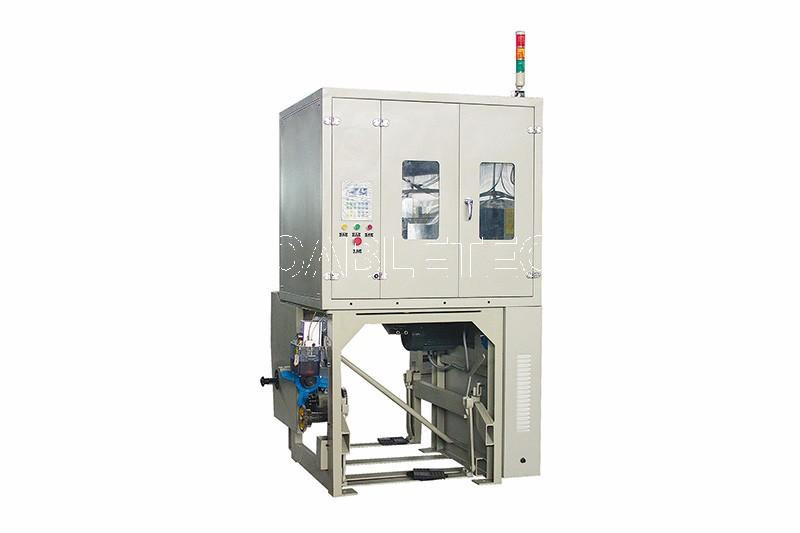views
The Best Way To Regain Trust In An Exchange Is Using Proof of Reserve
A few months back, a collapse in the FTX exchange shook the whole world, especially those who were present in the crypto space. This incident made many investors reconsider their decision while investing in cryptocurrencies. The reasons that ultimately led to FTX's collapse include a lack of liquidity, improper fund management, and suspicious activities of administrators. However, this also reminds us why confirming liabilities is significant for exchanges and custodial organizations.
But you might think this isn’t something new.
Yes, this is not the first time because several bankruptcies have already taken place in the traditional finance ecosystem. This is the reason why we should employ standard practices to verify liabilities, but it is quite challenging. So, most organizations prefer to get help from a third-party auditor for a complete assessment. When it comes to exchange and DeFi applications, we can employ a Proof of Reserve audit as a standard practice. Continue reading to know how this will impact the crypto space.
How Can Proof of Reserve Be So Useful?
As the crypto industry evolves, it needs revolutionary concepts like Proof of Reserve. This consensus mechanism ensures security and transparency for investors. Also, it helps to eliminate the shady practices of some crypto-based enterprises. Proof of Reserve is an auditing practice to manage the transparency issues involved in handling assets in exchange. It is a way to confirm that a real-world asset back a crypto asset in a decentralized environment. One has to utilize the best Decentralized Finance (DeFi) development services to create a good DeFi application.
Proof of Reserve is a process where trusted third parties audit the blockchain project’s statements and give a precise picture of the funds held by the company. This enhances transparency by all customers to keep the custodian liable.
As such, DeFi platforms must perform regular Proof of Reserve audits to monitor their checks and balances. Let us understand how a Proof of Reserve audit works. The entire auditing process will be carried out using the Merkle Tree strategy. Now, let us see how auditing is performed using Proof of Reserve.
Steps Involved In the Proof of Reserve Auditing Process
Self-reliant third-party auditors will conduct the Proof of Reserve auditing process in the manner discussed below.
-
Firstly, an external auditor or an auditing agency will take the snap of the balances of the institution and structure them in a Merkle tree form.
-
Then, the auditor will obtain the Merkle root, the only connection point between data in the structure. The auditor will be able to discover an individual user’s contribution using the unique digital signatures of each account holder.
-
Now, the auditor will compare the records on the Merkle tree. They will authenticate the individual contributors by verifying the reported balances from the Merkle tree.
-
Finally, if there are any rejections, they can be found easily. So, the institution cannot meddle with the users’ balances.
Benefits of enforcing Proof of Reserve Auditing
Here are the advantages of implementing Proof of Reserve auditing in a custodial institution.
-
Provides a way to recover and retain users’ trust
-
Improves the transparency in the auditing process
-
Increases faith in custodial institutions by removing shadiness
-
Allows reputable organizations to restore users’ trust and gives them access to fair information
Ultimately, all measures to ensure the correctness of internal records in exchange might have some mistakes or even have a loophole. Thus, it is essential to employ the best DeFi development company to avoid any potential problems in the early stage.











